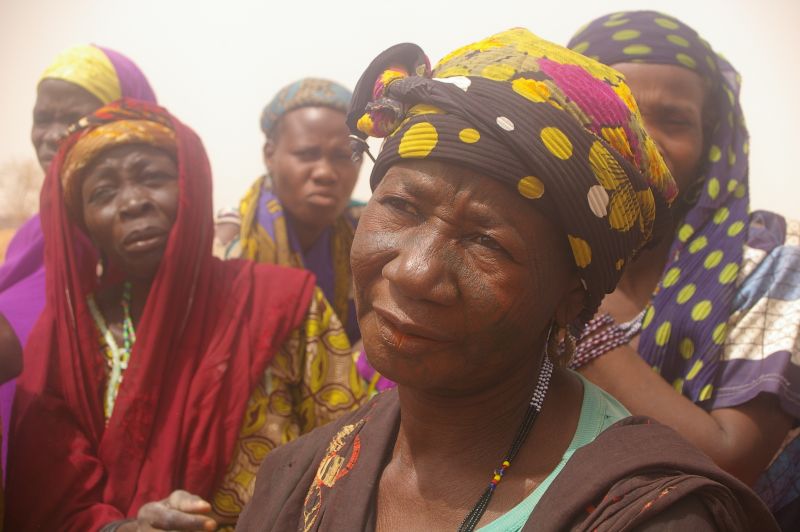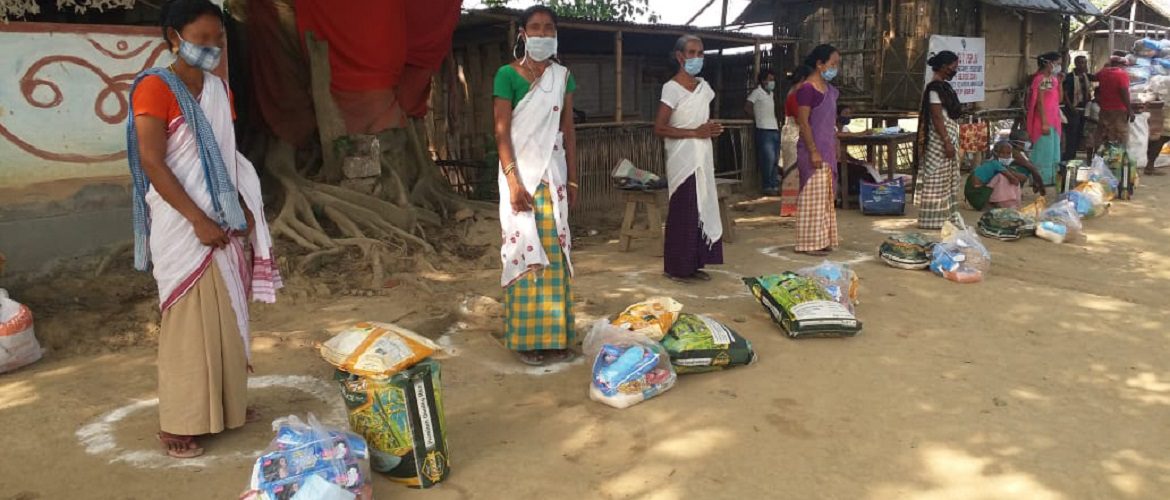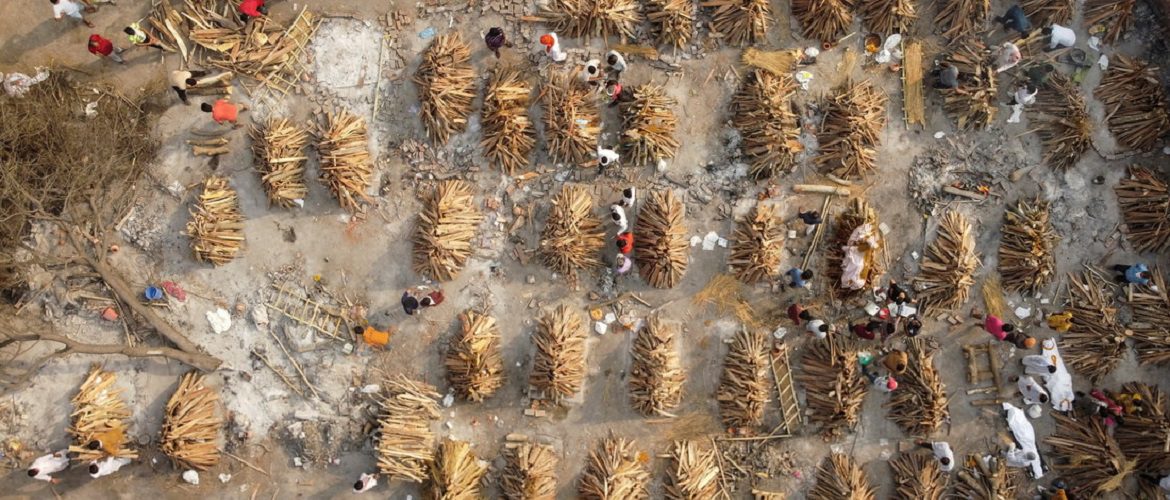Written by Richard Simpson, Africa Humanitarian Coordinator, Oxfam Australia, and Eveline Rooijmans, Humanitarian Policy Advisor, Oxfam Novib in Niger
Wrestling is the most popular sport in Niger; next comes soccer. (One of their favorite teams is the Netherlands, which gave one of us a little bit of consolation when watching the match between Germany and the Netherlands the other day.)
So the Nigerians like wrestling, and the early part of today’s journey to Kanotsira was spent discussing the importance of wrestling at all levels of society and also how it’s linked to annual festivals. We were in Kanotsira to visit one of our partners, Initiatives pour la Sećurisation des conditions de Vie (ISCV), who manage a cash program benefitting more than 10,000 people.
Whether because they’re living with a disability, are too old to work, or are female-headed households with young children to look after, 10% of these people receive a straight cash payment. The other 90% contribute to the community: a land improvement project involving soil preparation and tree planting to stop erosion, with the general idea being to better conserve the soil and generate more pasture for the animals. In the future, this should help these families to better survive the lean period.
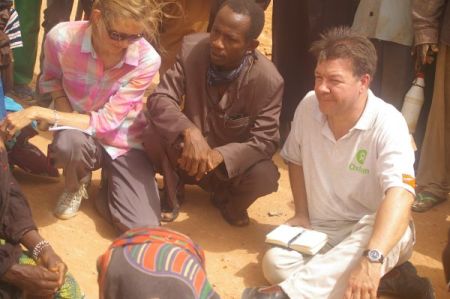
With the money they earn, which equals 50 euros (AUD $60) per month, they can survive and buy food in order to have the energy to start working their fields, now that the rains have set in. Some of the women we spoke to have even saved a little and bought some chickens as an investment to sell if they need extra money. Some had also paid off debt, which they were very happy about — like people everywhere, they didn’t like owing money. Others were able to put money towards health care. The most important thing about providing money (or cash) is that it gives people choice and dignity, empowering them to do what they want with it.
People told us of three crises that had hit the community: the rains had been weak and their crops were poor last season; what was left of their crops was eaten by a locust plague, thus their food stocks for this year were very low; and, due to the political crisis in Nigeria, men were unable to travel there to work. As a result, much-needed remittances were not coming to the community.
Faji (pictured, top), a 50-year-old woman working on the site, said: “I am very proud of earning an income with these activities and I am able to feed my family during these lean months along with helping to build a better future for the community. This project came right on time, as we had finished our food stocks in March this year instead of June.”
And then they had a question for us! Where we had come from and why we were here. We emphasized how important it is that we listen to the opinion of the people we’re supporting. But they were still surprised to hear that people had travelled from Australia and The Netherlands to meet and listen to them.
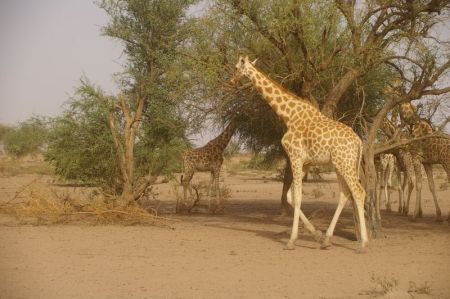
About one hour outside Niamey we received an unexpected reward for our long travel hours, when we were lucky enough to see a tower of giraffes (yes, that is the correct term!) grazing by the road. Niger is the only country left in West Africa with wild giraffes and, judging by the enthusiasm of the Oxfam staff we were travelling with, they’re a source of great national pride. Just like the wrestling.
Find out more
Read Richard and Eveline’s previous blog post, On the road in Niger
Read about what Oxfam is doing in West Africa
